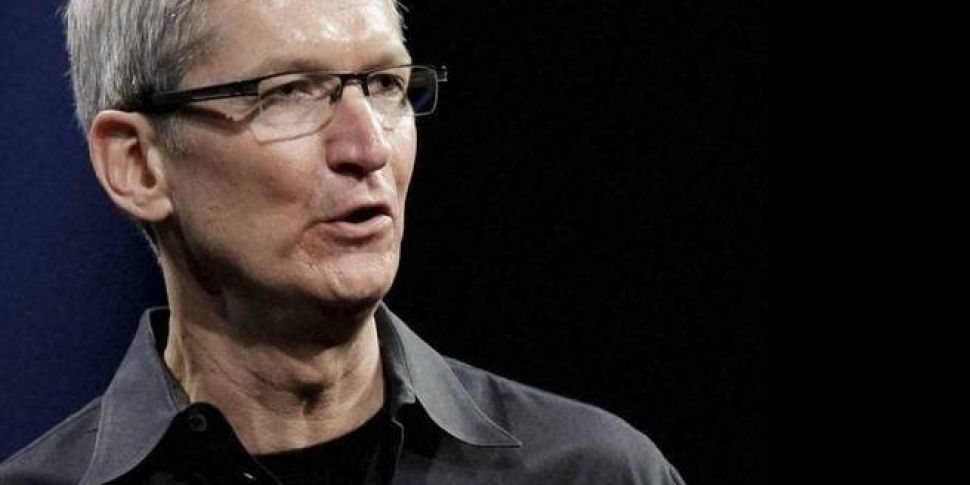The FBI has successfully accessed data stored on an iPhone belonging to one of the San Bernardino attackers.
As a result, the Justice Department has asked a court to withdraw an order compelling Apple to help access the phone, which is thought contain evidence relating to the massacre in December that killed 14 people.
Syed Farook and his wife Tashfeen Malik also wounded 22 others, before they were later killed in a gun battle with police.
US attorney Eileen Decker said in a statement: "Our decision to conclude the litigation was based solely on the fact that, with the recent assistance of a third party, we are now able to unlock that iPhone without compromising any information on the phone".
Ms Decker added the government's request was part of its "solemn commitment" to the victims of the attack, America's worst since 9/11.
"Although this step in the investigation is now complete, we will continue to explore every lead, and seek any appropriate legal process, to ensure our investigation collects all of the evidence related to this terrorist attack," she said.
It is unclear who helped the FBI access the phone and what was stored on the device.
The FBI said last week it may have found a way to break into Farook's iPhone without Apple's help.
Federal prosecutors said "an outside party" had come forward with a possible method for unlocking the encrypted phone.
The US government had obtained a court order requiring Apple to write new software to disable passcode protectors, which they can use on the phone.
But Apple fought the order, warning that the software could fall into the hands of hackers and threaten the security of all encrypted devices. The company has yet to comment on this latest development.
It said the demand violated its constitutional rights, would harm its brand and threaten the trust of its customers to protect their privacy.
Numerous tech giants including Google, Facebook, Microsoft and Yahoo, publicly backed Apple, alongside civil liberties groups and privacy advocates.









